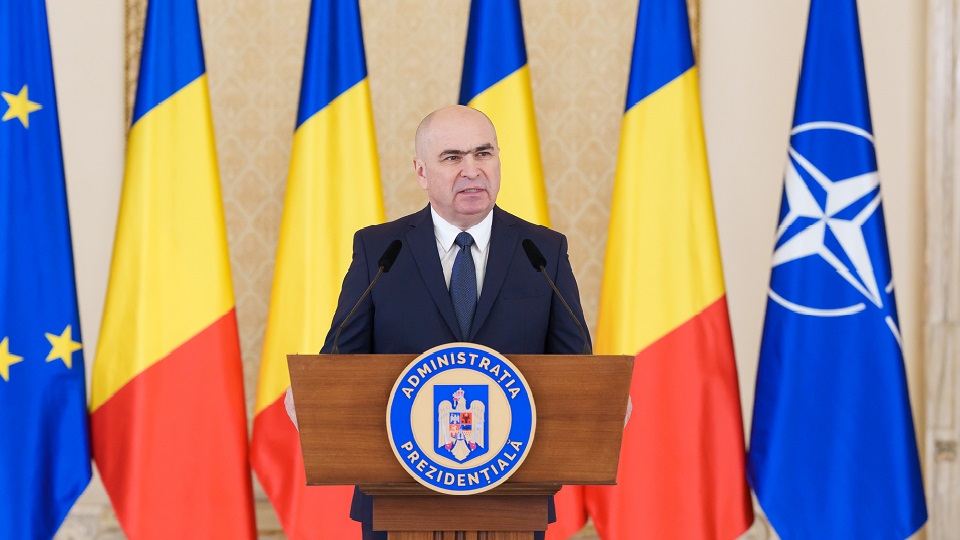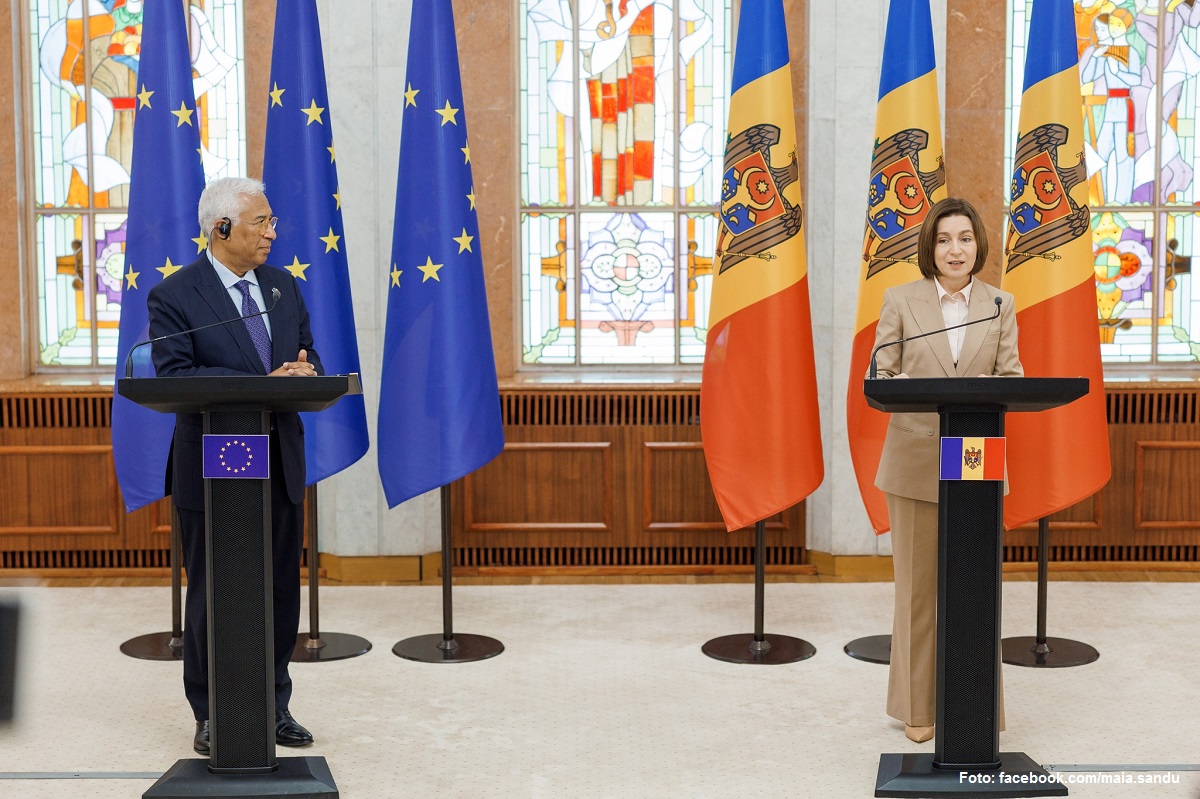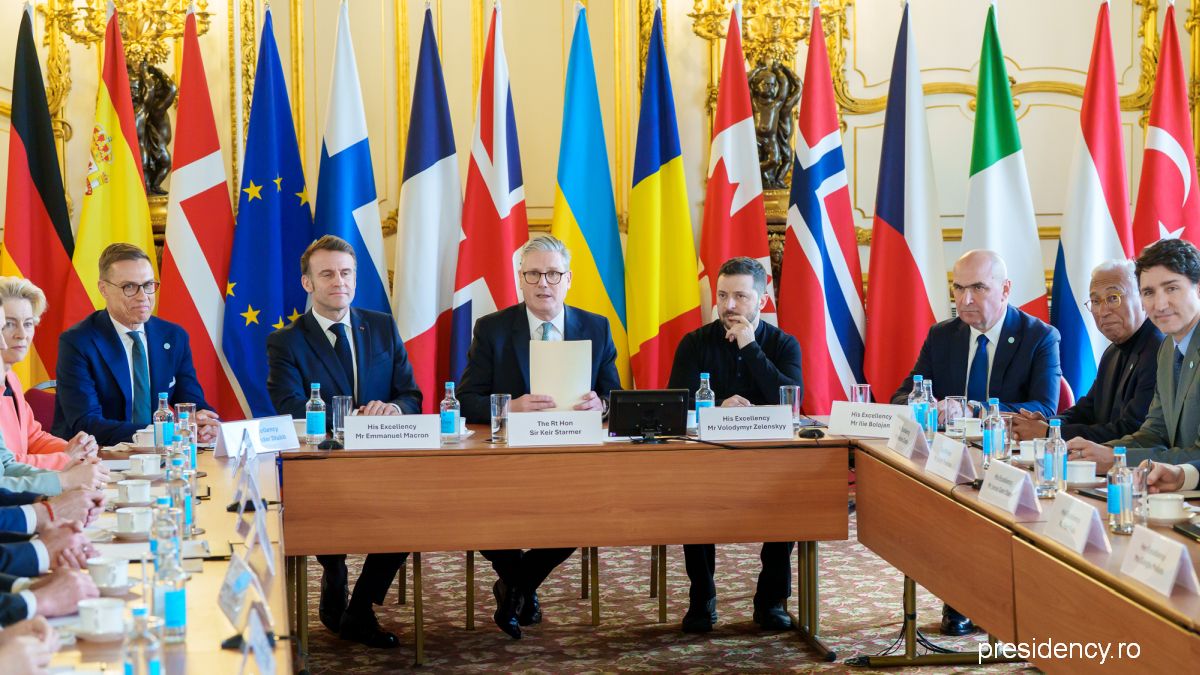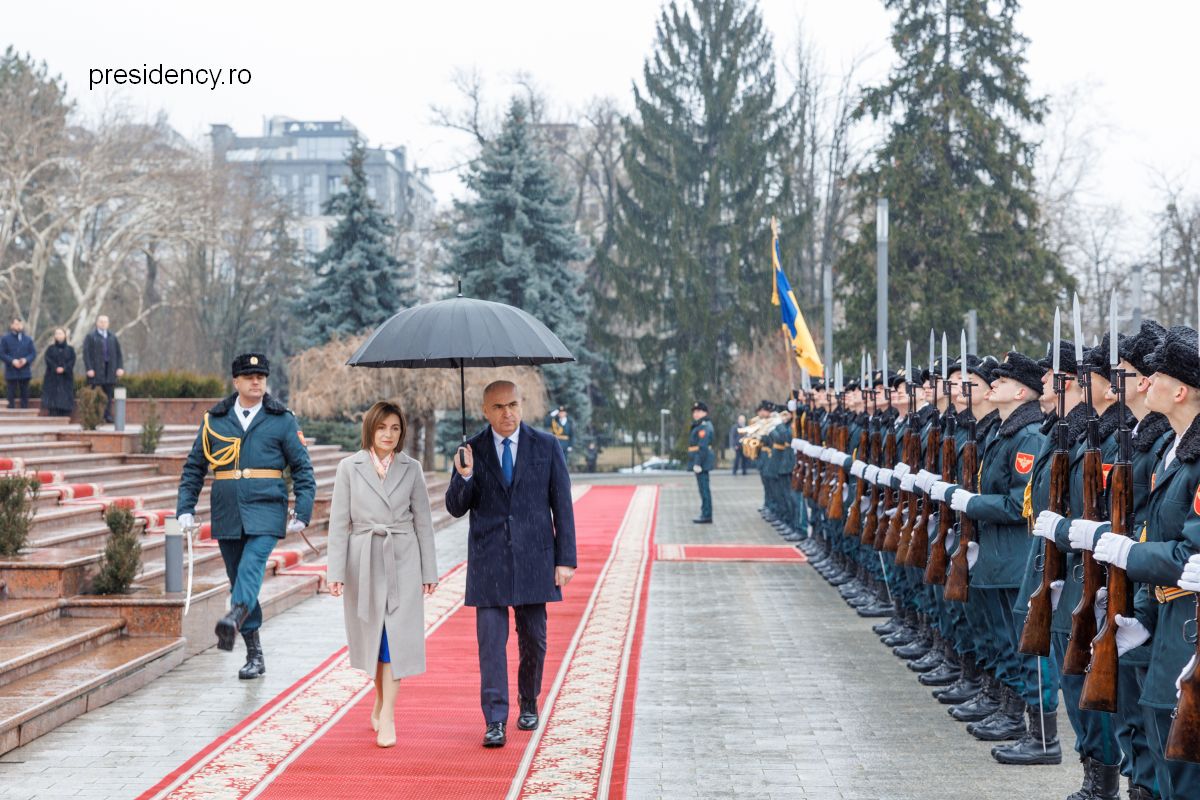Ukraine’s education law, on the Council of Europe’s agenda
The Council of Europes Parliamentary Assembly is to hold, at the request of the Romanian delegation, an emergency debate on Ukraines education law.
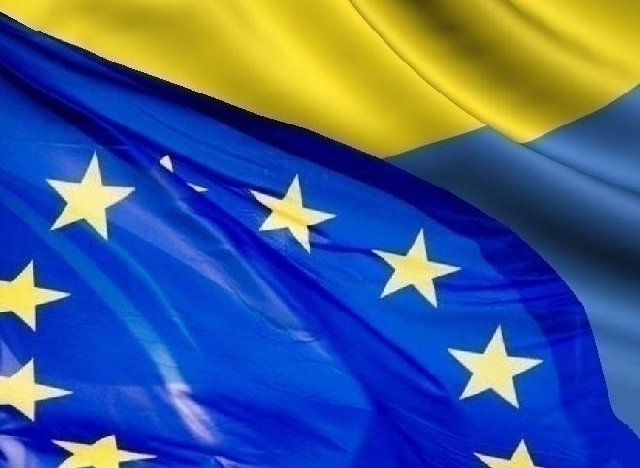
Bogdan Matei, 10.10.2017, 13:36
The new education law passed by Ukraine this fall and seen by most experts as at least uninspired has also become a topic for debate in Strasbourg. The Council of Europe’s Parliamentary Assembly will hold a debate on this controversial law on Thursday, during its autumn session. The debate, initiated by the Romanian delegation, has been prompted by concerns raised by the drastic restriction of the national minorities’ right to tuition in their mother tongue. Under this piece of legislation, ethnic minority children can only study in their mother tongue in nursery and primary school, after which tuition exclusively in the Ukrainian language becomes compulsory.
Senator Titus Corlatean, who heads the Romanian delegation and is also Vice-President of the Council of Europe’s Parliamentary Assembly, has told Radio Romania’s correspondent in Strasbourg what he expects from Thursday’s debate: “I am hoping for a fair debate that would persuade the Ukrainian authorities to revise this law, accept the Venice Commission’s expertise and change this law that drastically restricts the rights and protection of national minorities in Ukraine, including the Romanian one.”
Almost half a million ethnic Romanians live in the neighbouring Ukraine, mostly in the eastern Romanian territories annexed by the former Soviet Union in 1940 through an ultimatum and inherited by Ukraine in 1991 as a successor state.
Analysts say that in the context of an open conflict with Russia, this act of intolerance of the Ukrainian authorities would in fact target only the millions of ethnic Russians in the east and south of the country, with the communities of Romanians, Hungarians, Bulgarians, Greeks and Poles being only collateral victims. Last month, the Romanian Foreign Minister Teodor Melescanu and his counterparts in Budapest, Sofia and Athens signed a joint letter in which they voiced their concern regarding this new education law.
Also in September, in Bucharest, Romania’s Parliament called on Ukraine to revise the law. Romanian deputies and senators announced they were closely monitoring, not without concern, the evolutions triggered by this new law and called for a quick solution to the situation, by actions done in good faith, in the spirit of cooperation, and by strictly observing the EU norms in the field of national minority protection. In his turn, President Klaus Iohannis postponed for an indefinite period his visit to Kiev, that was supposed to take place this month.

